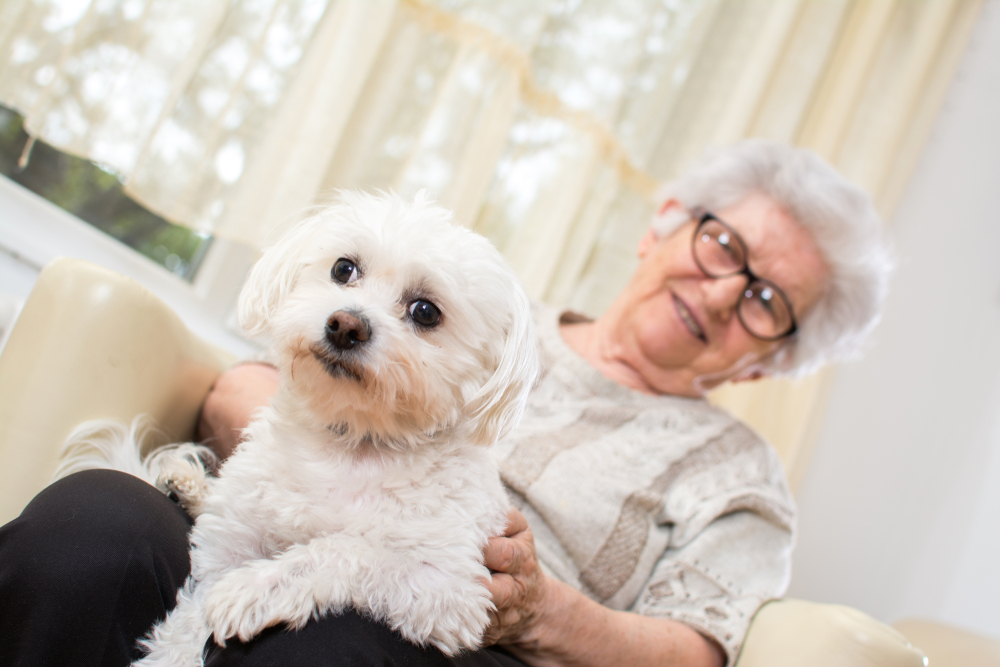Lung cancer affects many Americans and many senior Americans. It can be hard to detect and poses a serious threat to quality of life and life itself, whether you live alone, with family, or in an assisted living setting. Since November is Lung Cancer Awareness Month, let’s take a closer look at this deadly disease.
Lung Cancer: What You Need to Know
Lung cancer often sneaks up on you and advances very far before it’s detected. While there remains no known cure for this disease, you can definitely lower your risk. Get started with the following quick guide to lung cancer:
Lung Cancer at a Glance
Lung cancer is second only to breast cancer in prevalence but is by far the deadliest of all cancers. Accounting for 27% of all cancer deaths, it is the leading cause of death from cancer for both men and women. Around 1 in 15 Americans will be diagnosed with lung cancer and over half of these will be over 65. 30% are over the age of 70. While it is treatable when caught early, most cases aren’t caught until they’re already very advanced.
Know the Risk Factors
The elderly population is at a significantly increased risk for lung cancer. Up to 85% of all cases of lung cancer are thought to be caused by smoking. Those at the highest risk are heavy smokers (one or more packs a day for 30 years), current smokers, and former smokers who quit within the last 15 years. Exposure to secondhand smoke increases the risk for lung cancers for smokers and non-smokers alike. If you have a family history of cancer, you are at a greater risk, and the risk multiplies when combined with other risk factors.
Know the Signs
Lung cancer often has no symptoms until it has metastasized due to fewer pain receptors in the lungs. When symptoms do occur, they vary depending on the size, location, and type of tumor. Symptoms are often mistaken for those of other common illnesses such as frequent colds, the flu, and pneumonia. Early symptoms of non-metastasized lung cancer include coughing, wheezing, blood in the sputum, fatigue, shortness of breath, pneumonia, and chest pain.
The symptoms of locally advanced lung cancer include pain and difficulty swallowing, hoarseness, high pitched sound like wheezing, and excess fluid in the lung and heart lining. It can also cause lack of appetite, weight loss, weakness, clubbing of fingers, hypercalcemia, and anemia.
Lower Your Risk
While no definitive method of preventing cancer altogether exists, there are ways to lower your risk. The number way is to quit or never start smoking. Avoid exposure to secondhand smoke, radon, asbestos, and air pollution. Keep your body healthy with regular exercise and a healthy, balanced diet. Weight management is also helpful in preventing cancer.
Lung Cancer and the Senior Community
The average age of lung cancer diagnosis is 70. Older patients are often not offered a surgical solution to lung cancer due to the fear their body may not be able to tolerate the surgery. Typically, an elderly lung cancer patient is given treatment to control the symptoms instead of removing the cancer. However, the Journal of Clinical Oncology published a study in October of 2016 that indicated most elderly surgery patients actually handle the surgery quite well. 5 years after the surgery, 9 out of 10 patients were still alive and cancer-free.
Quit Smoking
If you do get diagnosed, your prognosis is always better as an ex-smoker than a current smoker, even in advanced years. The good news is you have many options for quitting available to you. These options include quitting cold turkey, behavioral therapy, nicotine replacement therapy, and prescription medication. Very few people are successful trying to quit alone. Increase your chance of success by adopting a personalized combination of the options available to you. Talk to your doctor and find accountability in your family and friends.
Don’t Let Lung Cancer Steal Your Quality of Life
While aging often comes with a new set of medical concerns, lung cancer doesn’t have to be one of them. Take the time to understand this deadly disease and protect your life by lowering your risk. Eat well, exercise, and quit smoking. Talk to your doctor about lung cancer screenings. Give yourself the best chance at the highest quality of living for the rest of your years.
To learn more about a better quality of life through assisted living, Contact Us.





